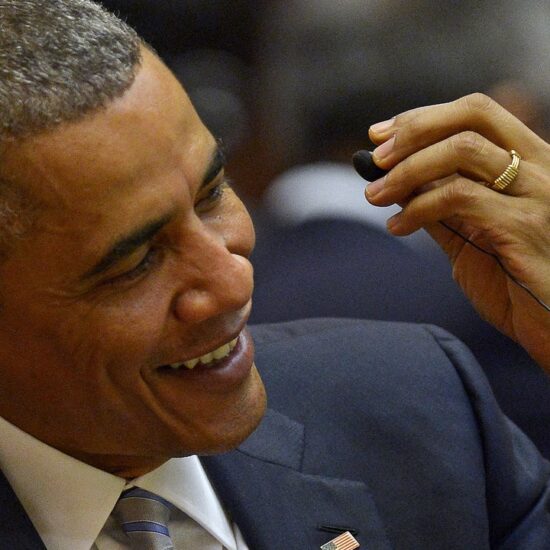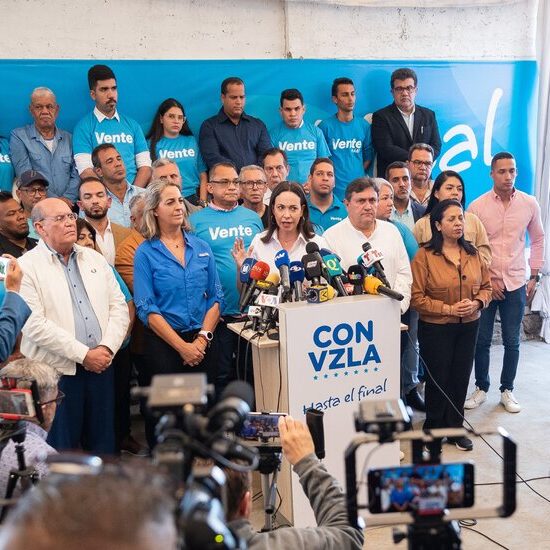
My screenwriting influences don’t follow the norm. I’ve worked with story for just about my entire life. I didn’t attend film school either. Before I worked at Raindance I worked on over sixty different jobs – everything from a debt collector to estate salesman to project manager on the Canada Space Arm project. I also had a three year stint on something called the Gnosis Medical Systems project in Toronto – an advanced non-invasive health project that was too far ahead of it’s time to succeed, although the TENS pain control machine now available on the NHS was an outcome of the research we did.
In each of these jobs it was my use of story that brought me success. And so too with Raindance. If you look at my bio at the bottom of this page you will see that I have tried to tell the story of why I Raindance.
Over time I have honed these storytelling skills in a way that is unique to me and my experiences. I’d like to share the three key screenplay influences that have shaped my views on screenwriting and my ability to tell stories.
1. Summer tent meeting
Evangelical or what? I grew up in rural Ontario. My parents were Gentle People – the horse and buggy Amish-Mennonite people – although the horses were sold when I was really young.
After harvest in the summer my folks would put up big tents that would seat a hundred people or more. These tents became the venue of all day hell-fire and brimstone evangelical prayer meetings. My dad was a lay preacher and he’d get up and tell stories so vividly I thought I was there. He made them so real I came home after one session screaming “We’ve got to get Daniel. He’s trapped in the lions’ cave. Quick or he’s going to get killed!”
Of course, creating emotion is one of the key tricks of storytelling, and a trick I was going to get a lot better at. I’ll never forget the tent meetings and the energy rocking around the tent.
2. Somali nomads
My dad gave up farming and took us three kids and my mum inland from Mogadiscio a hundred kilometres to a tiny hamlet called Mahaddei Wen. I don’t know if it’s still there or not, but my memory of the stories told are as strong now as the days I first heard them.
On special evenings just as the sun was setting my dad would take me to the village. In the centre they built a fire and the men folk would sit around the fire sipping sweet Somali tea. The elder, the one with the beard would start by saying “I’m telling a story. But actually it’s a true story. My father told me and his father before him all the way back to the prophets Mohammed and Abraham, so I know it to be true”.
The others would murmur consent and the story would begin, often long into the night. If the elder made a mistake the others would correct him and his story would have been passed down generation by generation literally unchanged. A bit like Homer’s Illiad.
What I learned from those nights on the Ogaden desert was that storytelling is as old as the hills. And a good story never ages. Those stories I heard sounded like they were happening to someone a few weeks ago. It was only as the story unfolded that I realised they were stories from 800 years ago.
3. Viki King and How to Write a Movie in 21 Days
I started Raindance filmmaking classes in April 1992. It was another 18 months before I started the Raindance Film Festival. I brought to London the so-called gurus of filmmaking. First was Dov S-S Simens followed by Michael Hague, Syd Field, Ron Suppa, John Truby, and then just twice, an American clairvoyant and spiritualist Viki King. Her book How To Write A Movie in 21 Days had just come out. Based on her Inner Movie Method, the book has become a film industry standard text.
I was intrigued by King’s step-by-step, handholding, practical advice on actually writing your screenplay day-by-day, from idea to finished product. Not only that, Viki came to Raindance with a wealth of experience writing for American TV shows and consulting for serious screenwriters sequestered behind Hollywood’s closed doors. Her writing and her class had a truth, a conviction and passion of one who had walked the creative road many times before. A bit like the Somali storytellers of old.
I haven’t read her book or heard her speak for twenty years, but I do remember two key points:
– firstly her creative approach basically says there is no such thing as a mistake
– secondly her structural approach expands on the 3 act structure paradigm touted by so many others.
Viki King’s 9 Point Movie Method
Viki takes the 3 act structure used by Syd Field and adds 5 more key moments she argues a story needs in order to succeed.
Page 1 – like Field – establish the time, place and setting
Page 3 – King argues we need to know about the theme of the story
Page 10 – King says that by page ten we need to see the main character embark on a goal
Page 30 – like Field – the first big turning point where the protagonist tries and fails to get their goal
Page 45 – King established a metamorphosis scene where the protagonist has an enlightenment
Page 60 – like Field – the so-called moment of no return
Page 75 – King highlights a key moment where the protagonist is the furthest from their goal. Christopher Vogler calls this the visit to the underworld
Page 90 – like Field – the climax
No one says this better than Viki King. Right now her book is available on Amazon for a tenner. Get it. It’s an inspirational read.
How To Write A Movie in 21 Days
Have you read Viki King’s book? Have you a thought or comment ? You can share in the comments box below. And what are your screenwriting influences?
Did you know?
- Raindance members save 20% on filmmaking courses?
You can join online >HERE< and access freebies and discounts immediately - This course is FREE for our HND, top-up BA and postgraduate/MA/ students
- You can book a free 1-1 consultation about our full-time degree courses HERE
- The Raindance Guarantee: If any filmmaking course fails to meet your expectations, let us know at the break and we will make a full, 100% no-questions-asked refund
- We don’t teach ‘filmmaking’ at Raindance. At Raindance we make filmmakers.

















